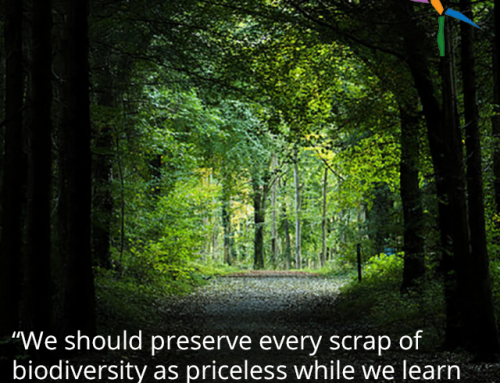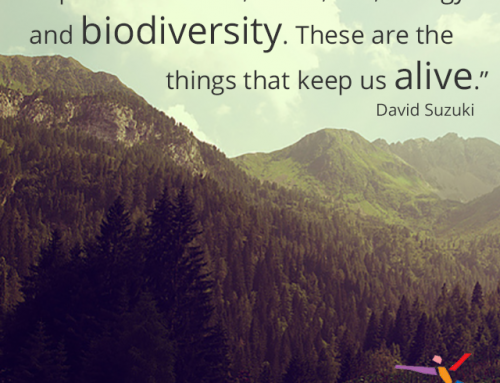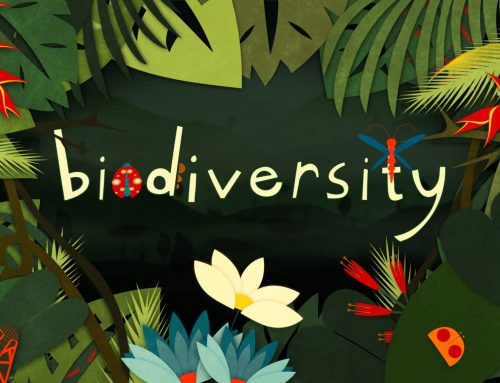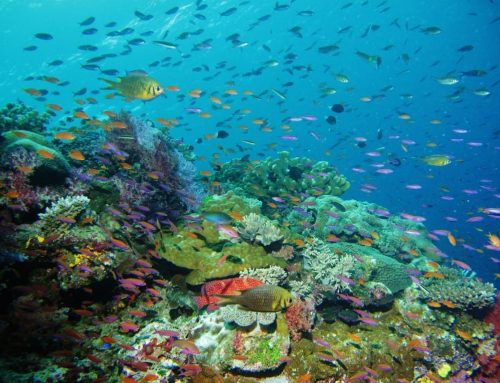Not that long ago, sci-fi legend Stephen Hawking suggested in a media interview that, quite frankly, it was time to find another planet to move to. Hawking’s concept was that we had not only ravaged our planet so deeply but also that the ever-growing population wasn’t going to level off (because more people will just make … more people) or reduce to a level where the planet could support the population. Not long after that, the World Wildlife Fund came out with a report to the UN that essentially said the same thing. Of course, Hawking was really saying that we need to create spaceships, and the WWF was saying that we need to pollute less and control population growth. However, the point is that both were referencing the potential need for a second planet.
Which of course, begs the question, would a second planet help? The answer, of course, is no. Even if a spaceship came down tomorrow and transported us to a pristine new planet, it would require us to learn new behaviors before we got there. After all, we can’t seem to get the world to go green even now, and that’s with clear scientific evidence that to not do so will ultimately lead to a planet that can’t support our food, water or even basic land needs within several decades. Yes, that sentence reads “decades.” It’s no longer a matter of centuries. The anticipated food and water shortage could come as early as 2040.
So what can we do? Well, you’re taking the first step by reading a blog that is about how to let go of your dependence on consumerism and “stuff.” It’s important that we all also keep up to date on environmental news. It’s easy to tune out the news, both the environmental kind and the political kind (and for that matter, news about crime). It’s all very depressing, but staying up-to-date and having your facts straight so that you can help explain why postconsumerism and sustainable living are important to those less in-the-know than you are is important.
It’s also important to keep the faith. There are still many problems out there in the world, and it’s easy to become discouraged. But every moment that you choose to recycle a single bottle, or buy one less non-environmentally friendly item, or walk away from a consumer purchase that you don’t need is one more drop in the bucket. This is especially true if you are an American, the country responsible for the individuals with the largest carbon footprint in the world. As anybody who’s ever had a leaky ceiling can tell you, eventually all of those drops add up to a full bucket. It’s important to be a drop!
So would a second planet help? Of course it would, but it would only help if we learn to change our habits and behaviors first. Every step that we take towards that is important for the future of this planet (and possibly even the next one!). Friend us on Facebook and tell us about what you think of the idea that we’ll need a second planet!
The Get Satisfied Interactive Handbook evaluates where you are on your journey to finding the satisfaction of enough and gives you a personalized how-to plan on beginning to find the satisfaction of enough.





